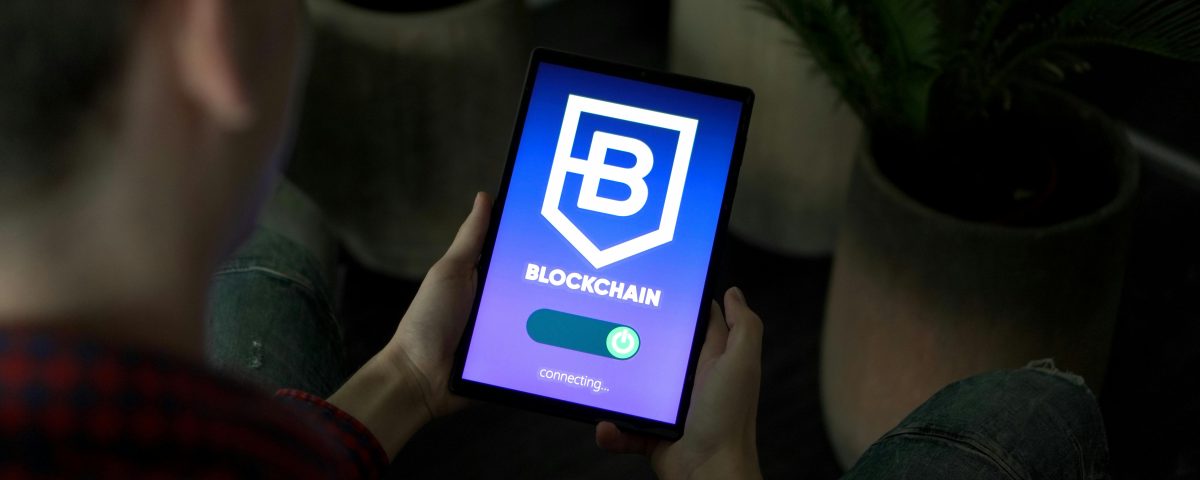Most internet users never think about their IP address. Yet this little string of numbers reveals more about you than you might realize. It shows your approximate location, your internet provider, and sometimes even your browsing habits. It’s the key that advertisers, websites, and trackers use to follow you around the web. Fortunately, a VPN offers an easy way to take back control—by hiding your IP address and replacing it with one that keeps you anonymous.
What an IP Address Really Is
Think of your IP address as your home address on the internet. Whenever you visit a website, it needs to know where to send information back—so your IP acts as the “return address.” Without one, you couldn’t browse at all.
However, this also means every site you visit automatically learns something about you: your city, your ISP, and sometimes even your browsing patterns. Combine that with cookies and tracking scripts, and you’re suddenly building a profile you never agreed to share.
How Companies Use Your IP
Advertising companies and social media platforms use your IP to serve targeted ads. Streaming services use it to limit content by region. ISPs log it to track every site you visit. Governments can use it for surveillance, and hackers can exploit it for malicious attacks such as DDoS or phishing.
In short, your IP address is the foundation of your online identity. Exposing it can lead to tracking, profiling, and even attempts to locate or attack your network.
How a VPN Hides Your IP
When you activate a VPN, your traffic is routed through a secure server operated by the VPN provider. This server assigns you a new IP address, replacing your real one. From the perspective of websites and advertisers, your connection now comes from the VPN server’s location—not yours.
For example, if you’re in Montreal but connect through a VPN server in New York, all websites see you as a user from the United States. This makes it far harder for trackers to build an accurate profile or pinpoint your location.
Benefits of Masking Your Location
Hiding your IP offers multiple advantages:
-
Anonymity: Prevents websites and advertisers from tying activity to your real identity.
-
Freedom: Lets you bypass geographic restrictions on streaming, gaming, and apps.
-
Security: Protects you from direct attacks on your home network.
-
Privacy: Stops ISPs and data brokers from monitoring your browsing behavior.
For anyone who values digital independence, a VPN is the simplest and most effective way to stay anonymous online.
Everyday Scenarios Where It Helps
-
Browsing Privately – Maybe you don’t want every search and click tied to your real identity. A VPN masks your digital fingerprint.
-
Shopping and Travel Deals – Many companies show different prices based on your location. Changing your IP with a VPN can help you find better rates.
-
Gaming and Streaming – Some platforms lock games or shows to certain regions. Connecting through a VPN unlocks the full experience.
-
Public Wi-Fi Use – Hiding your IP adds an extra layer of protection when connecting in cafés, airports, or hotels.
How It Protects Against Hackers
When hackers target individuals, they often start with an IP address. Once they know it, they can scan for vulnerabilities on your home network or attempt denial-of-service attacks. A VPN acts as a barrier: your real IP is hidden behind the VPN’s secure servers, so attackers never find your true location.
Privacy in an Age of Surveillance
Around the world, data collection has become the norm. From advertisers to analytics firms, your every click is monitored. Even “incognito mode” doesn’t hide your IP—it only prevents local history from being stored. Only a VPN can truly mask your identity and make your traffic anonymous across the wider web.
Easy to Set Up
Most VPN services make IP masking incredibly simple. Install the app, sign in, choose a server, and click “connect.” Within seconds, your digital footprint disappears behind a new IP. Some VPNs even rotate IP addresses automatically for even stronger privacy.
Final Thoughts
Your IP address is the key to your online identity—and in the wrong hands, it can be used to track, profile, or even attack you. By using a VPN to hide it, you reclaim your privacy, protect your devices, and gain the freedom to browse without limits. In a connected world where every move is tracked, staying anonymous isn’t just smart—it’s essential.









